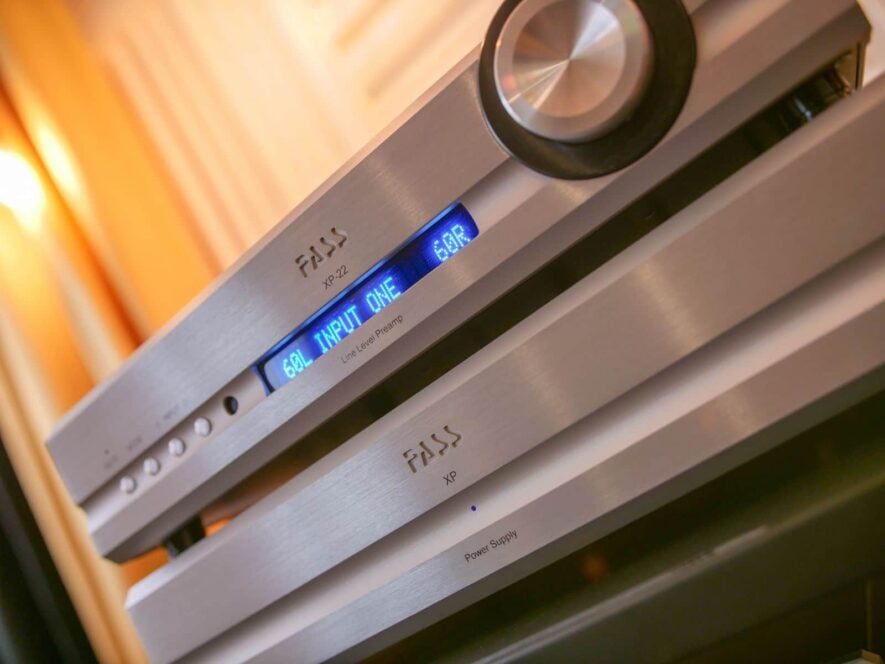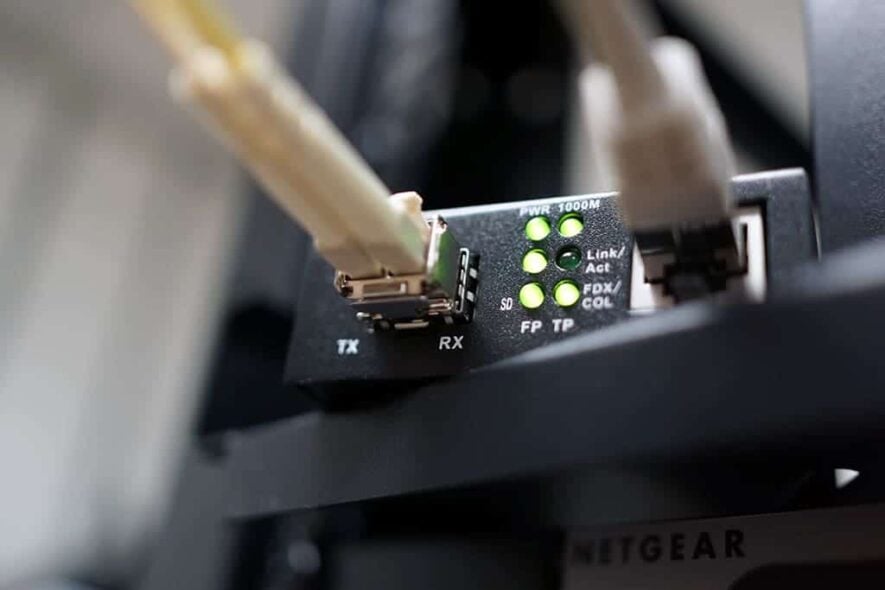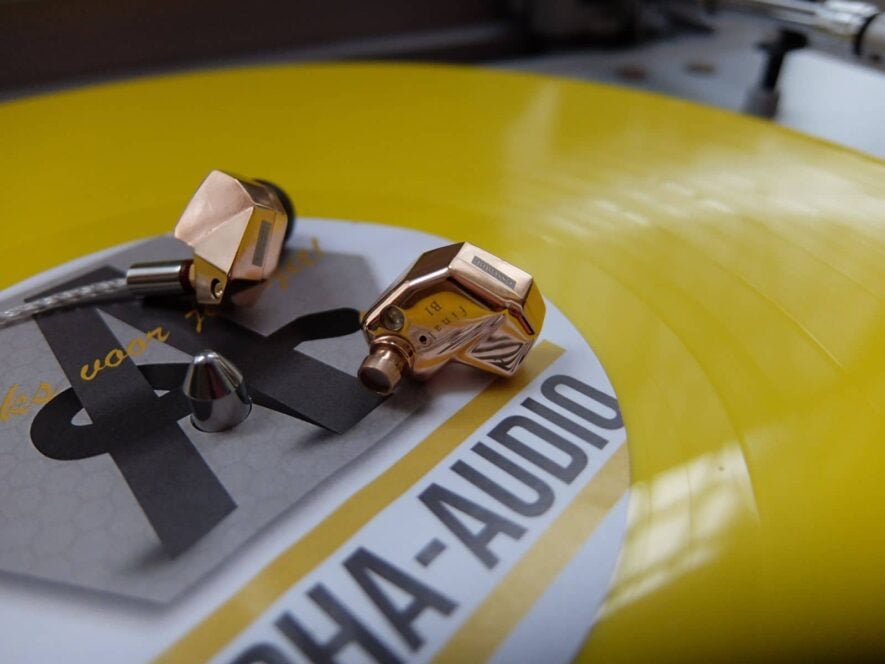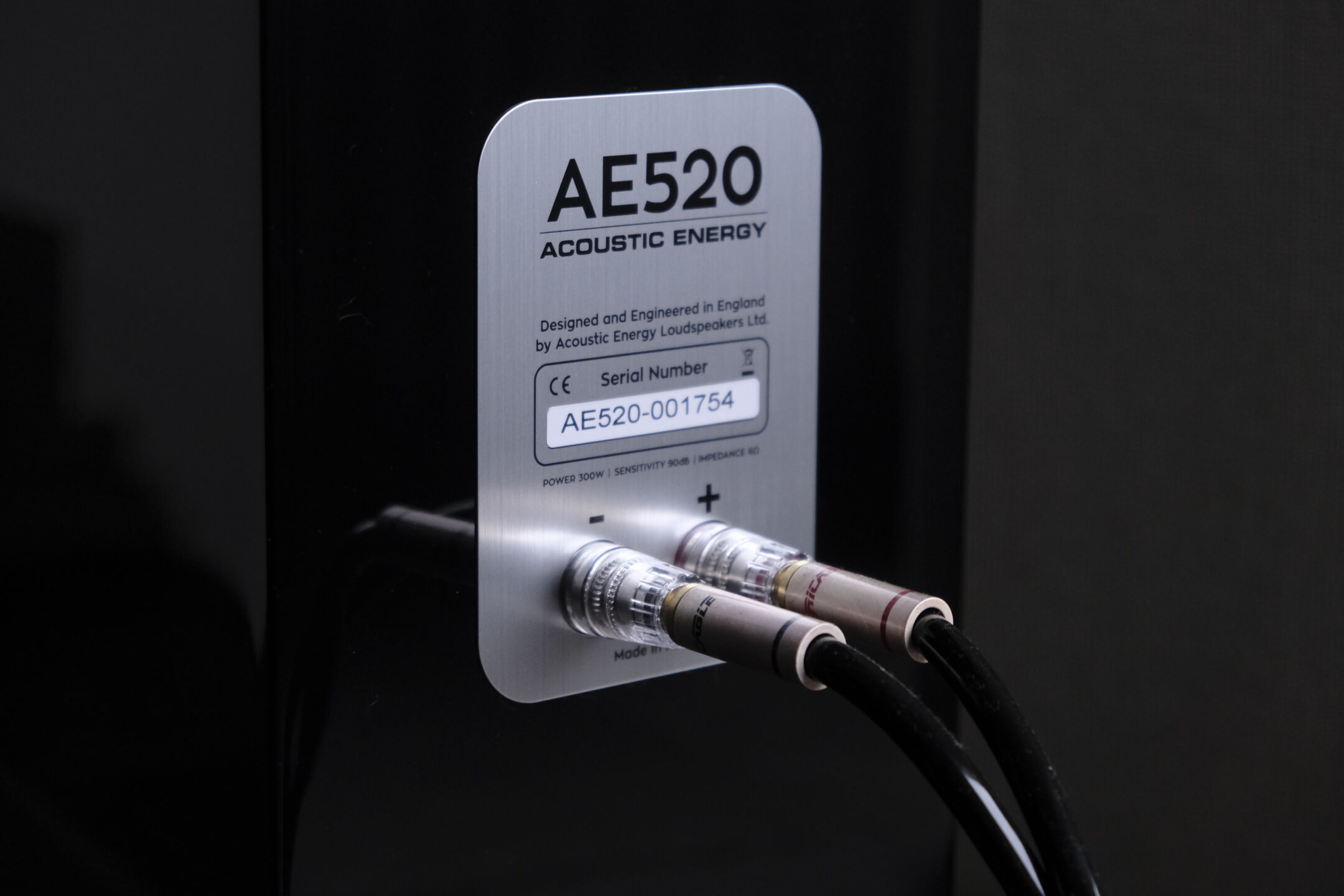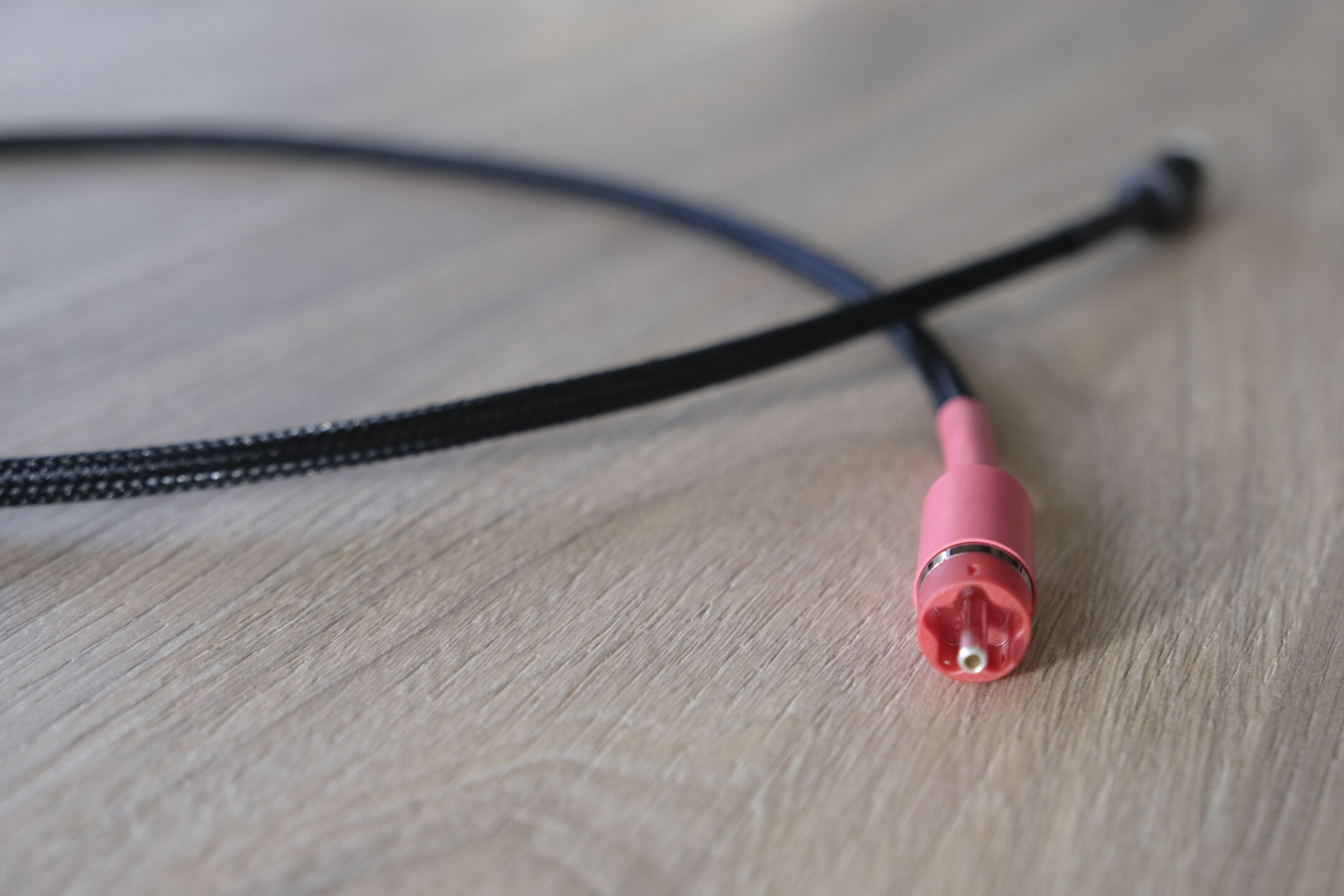

On Friday 27 September, the 50th anniversary of The Beatles’ Abbey Road was celebrated with a remaster and a selection of studio outfits that had never been released so far. They give a special insight into the working method of The Beatles in the studio. And because we are Alpha-Audio, we compare this version with the original, a vinyl version from 1970. Apples with pears?
The Beatles are hot. Your editor was this summer in Liverpool, the city where John, Paul, George and Ringo grew up. The Beatles are everywhere in Liverpool and anyone who didn’t know any better would think that this band is still active. If you don’t believe this, look at the registration of the Carpool karaoke where Paul McCartney tours Liverpool with James Corden and performs in a local pub.
Gold
Everything on Abbey Road has turned to gold since 1969. First the studio itself, which until then was simply called the EMI studio London. Then the zebra crossing over which the gentlemen walked for the cover photo (the photographer was standing on a small staircase while a policeman stopped the traffic; he made six photos, the fifth was selected for the cover). Whoever goes there now has to queue up to take a picture. The street sign that adorns the back of the LP cover is constantly described by fans. Not to mention the conspiracy theories in which the license plate of the white VW Beetle, the bare feet of Paul McCartney and the clothing of the band members play a role.
Mr. Martin
Abbey Road is in many ways a groundbreaking album. Producer George Martin and sound engineer Geoff Emerick only participated in this album if all four band members would be in the studio together. That’s what makes this special edition so interesting. We hear how the chemistry was between the gentlemen in the studio and as far as we can hear it was excellent. Jokes about missed runs, Ringo apologizing for a version of Octopus’ Garden but politely saying that the fact that he started too early could also mean that the others were too late. The influence of George Martin, also known as the Fifth Beatle, is clearly audible. Not only in the respectful way he is addressed as “Mr Martin”, but also in the orchestral and string arrangements that can be heard separately on this Super Deluxe Edition. Martin, originally a classical musician, arranged and orchestrated the tracks; it is the combination of The Beatles’ compositions and the surprising instrumentation that makes the music so special.
Influence
We can go on endlessly sharing the peculiarities from the shooting of Abbey Road. I invite interested parties, including the non Beatle fans among you, to examine the influence that each of the tracks has had on pop music. I mention for example the Moog synthesizer, which you hear on Here Comes The Sun (8th bar of the intro, the descending tone) or on Maxwell’s Silver Hammer. Because is a reversal of Beethoven’s Mondschein Sonata, and this motif is well heard in the clavinet-like keyboard part. I Cause You’re Related To Frank Zappa’s Work Again. Then the overdubbing, the re-enactment of the vocal part which gives it more depth. Queen later used this as a trademark, but The Beatles were one of the first to use this technique and perfect it in the studio.
Eight tracks
And all on an 8-track recorder. In today’s digital age where the number of tracks is only limited by the computing power of the computer, it is almost inconceivable that this can go well. It will be the same as with the old movies; because the storage space for image and sound is scarce, the sound engineer needs to have a lot of good standing before the ‘REC’ button is pressed. Nowadays, recording a basic track is only a small part of the process; in post-processing, as much more as possible is possible than in 8-track time.
1969 vs 2019
It is of course literally comparing Apples with pears; a fairly grey twisted LP from 1970 and a remaster made with the latest techniques in 2019 in lossless FLAC hires format at 24 bit. First, the LP. The nice thing about vinyl is that its origin is so easy to trace. On the label we see a number: 5C062.04243. This issue refers to the version and where it was produced; this is an LP from 1970, made by the EMI press in the Netherlands. Yes, the building that nowadays houses Record Industry and Alpha-Audio!
Setup
We play Abbey Road on our reference turntable; a STD 305D with SME 3009 tone arm and ADC TRXII element (MM). As phonostage we use the Mytek Brooklyn Bridge. The digital version is FLAC hi-res, purchased via HD-tracks. We’re also tapping it via the Brooklyn Bridge, via USB and via Roon.
Listen
What immediately strikes you is how fresh and balanced the LP sounds. Despite the crackling and tapping, we immediately hear a recording that stands well in space. The soundstage is just right with the music. Compared to this, the Superdelux Remaster 2019 is a world of difference. How different? It sounds a bit like the first mix of studio outtakes. All tracks are audible but the nice balance we hear on the LP is not there. Yes, the digital version has more dynamics. We hear details in the recording that we didn’t hear before and it’s incredible how fresh and dynamic this recording of half a century sounds. If it’s just been recorded.
Ode
What makes this version of Abbey Road especially interesting for us are the different ‘alternate takes’; versions that didn’t make it in the end, but that show what the road to a song looks like. And the band members’ conversations before and after a take. Conversations with Mr Martin and with each other, conversations between talented musicians who – finally – made music with the four of them again and left the quarrels behind for a while. And for everyone who has ever made recordings in the studio, it’s nice to hear that The Beatles are constantly playing with their instruments before and after a recording. Practice that one run again or just play something completely different. It also shows how important a producer and a recording engineer are. Without them, The Beatles would never have entered the EMI Studios together again. Without Geoff Emerick’s recording skills, the takes would never have been put on the 8-track recorder so well and could never have been reproduced so beautifully by George Martin’s son, Giles Martin. In that sense ‘Abbey Road 50’ is above all an ode to the entourage of a super band. Without them no legendary albums!

